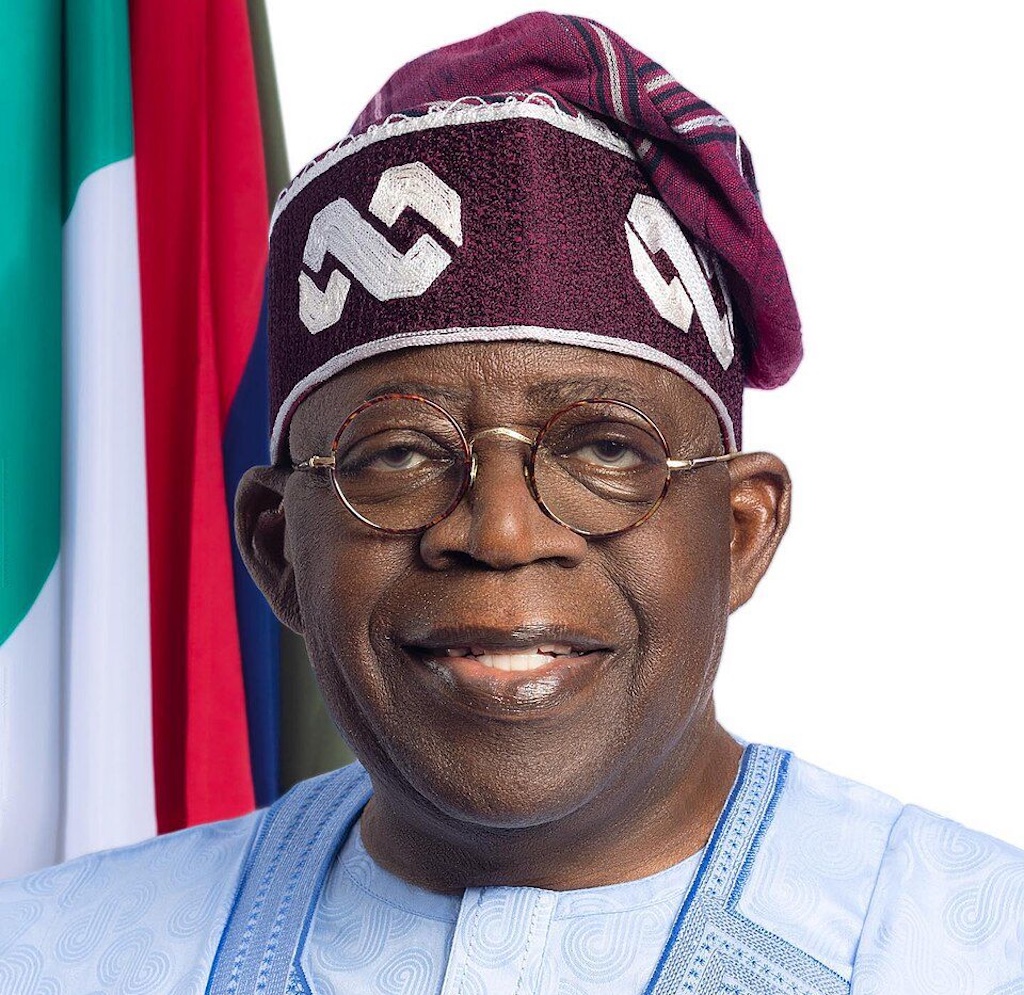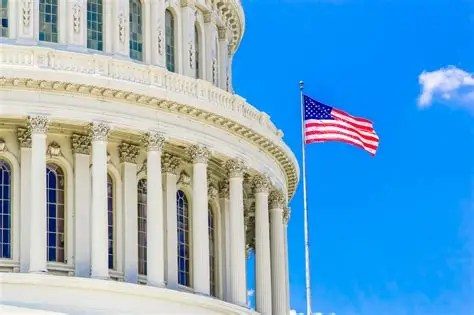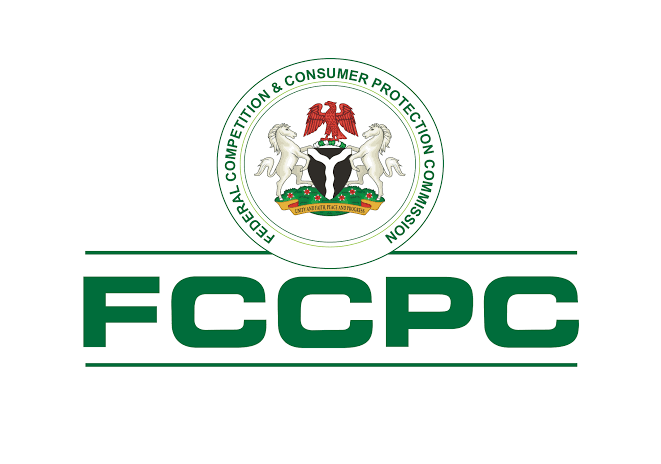As the politics of the 2027 presidential election heats up, the new coalition is expected to navigate a complex and sensitive terrain shaped by regional expectations, historical precedents, and strategic ambitions. At the heart of these calculations lies the unwritten gentleman’s agreement on rotational presidency , an informal yet powerful force that continues to shape political expectations across the country.
By this informal accord, the South is expected to complete its eight-year tenure in power, with four more years to go. However, political realities suggest that the North will ultimately determine who wins the 2027 presidential election. This is not mere conjecture, but a reflection of current electoral dynamics and demographic weight.
This presents a deep dilemma for the adopted party of the coalition , the African Democratic Congress (ADC):
If the ADC zones its presidential ticket to the North, the South will feel betrayed.
If it zones the ticket to the South, it risks alienating northern voters, a demographic no serious contender can afford to ignore.Despite this dilemma, an opportunity for breakthrough lies in coalition-building. If the ADC can form a strategic alliance with the PDP(though unlikely), backed by a deliberate effort to sideline the‘old guard’ and support a relatively young, politically grounded, and fresh face , the political calculus could shift entirely. In such a scenario, the game could very well be over for the APC.
Furthermore, a southern candidate could agree to serve only one term, thereby completing the region’s rotational slot. Similarly, a northern candidate might be required to make the same commitment, in the spirit of fairness and balance.
Yet, a lingering question persists: who would truly honor such a promise?
As it stands, President Bola Ahmed Tinubu would likely prefer not to face a formidable northern challenger in 2027, a reality not lost on key players in the emerging political landscape.
The truth is, the ADC is becoming an increasingly influential actor in Nigeria’s 2027 presidential politics. Though it currently holds no governorships, it is steadily positioning itself to erode both APC and PDP support bases in strategic regions by deploying tactical, opportunistic strategies where possible.
Notable names are already being floated in discussions around the ADC’s efforts to dislodge the APC: Former vice Atiku Abubakar wants it. Former Governor Peter Obi wants it too. An Atiku/Obi ticket might secure reasonable votes in the North and dominate the Southeast, but a repeat of the 2015-style success appears unlikely under today’s dynamics.
A combination such as Peter Obi/ Nasir El-Rufai, Senator Aminu Tambuwal, or Abubakar Malami may still appeal to the Obidient movement but lacks the spark needed to recreate the 2023 momentum.
A ticket like Rotimi Amaechi/El-Rufai or Amaechi/Tambuwal could inject new ideas into the discourse but lacks the energy and base to drive widespread excitement.
Similarly, pairings like Rauf Aregbesola/El-Rufai or Malami/Tambuwal are unlikely to ignite significant national enthusiasm.
Despite these limitations, the ADC is fast becoming a growing long-term threat to the APC, particularly in the presidential race. While the party’s lack of sitting governor in its fold, is a clear structural disadvantage, its emerging strategies suggest it intends to play smart, opportunistic politics to remain relevant.
The road to 2027 is fraught with uncertainty. The South seeks to finish its turn. The North holds the numbers. The ADC sees an opening. The coalition dynamics are shifting.
Zayyad I. Muhammad, Abuja



